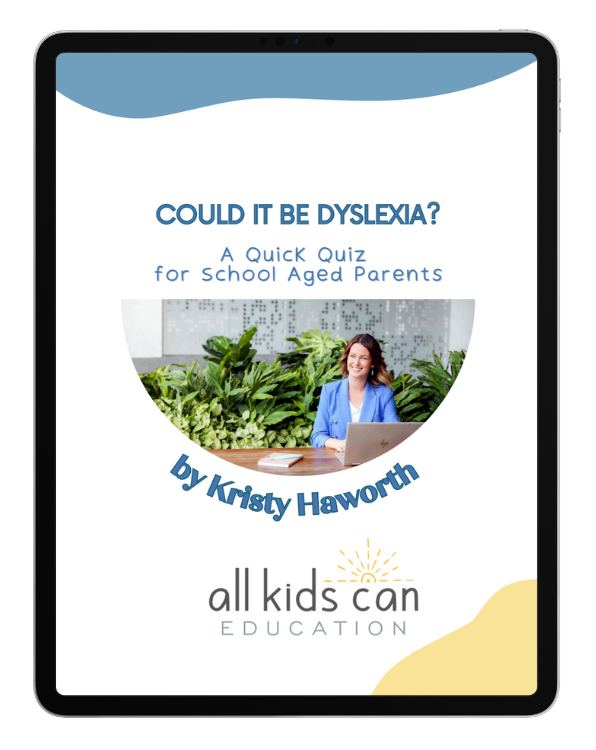Educational Alternatives for Non-Traditional Learners in Australia

When traditional schooling doesn't quite fit the bill for a child's needs, parents often find themselves searching for alternatives. In Australia, as in many parts of the world, there's a growing awareness of the diversity of learning styles and preferences among children. Here are some alternatives to mainstream public and private schools:
-
Montessori Schools: Montessori education emphasises self-directed learning within a structured environment. Children are encouraged to explore their interests at their own pace, fostering independence and a love for learning.
-
Steiner Schools (Waldorf Education): Steiner education focuses on holistic development, integrating arts and academics. It emphasises creativity, imagination, and hands-on learning, with a strong emphasis on the natural world.
-
Home Education: Parents in Australia have the option to educate their children at home, following either a structured curriculum or an unschooling approach where learning is child-led and interest-driven. Home education allows for personalised learning tailored to the child's unique needs and interests.
-
Virtual Schools: With advancements in technology, virtual or online schools have become increasingly popular. These schools offer flexibility in scheduling and curriculum, allowing students to learn from anywhere with an internet connection. They can be particularly beneficial for children who thrive in a self-paced, technology-driven environment.
-
Specialist Schools: There are schools in Australia that cater specifically to children with learning differences or special needs. These schools provide tailored support and resources to help children overcome challenges and reach their full potential.
-
Outdoor Education Programs: For children who thrive in outdoor environments, outdoor education programs offer hands-on learning experiences in nature. These programs focus on environmental stewardship, outdoor skills, and personal development.
-
Cooperative Education: Cooperative education models involve parents, teachers, and students working together to create a collaborative learning environment. These programs often emphasise community involvement and experiential learning.
-
Flexible Learning Programs: Some schools offer flexible learning programs that allow students to customise their education based on their interests and goals. These programs may include project-based learning, internships, or dual enrollment in college courses.
-
Arts-Focused Schools: Schools that specialise in the arts provide opportunities for children to develop their talents in music, dance, drama, or visual arts while receiving a comprehensive education.
-
Community Learning Centers: Community learning centers provide a supportive environment for children to learn and grow outside of traditional school settings. These centers may offer classes, workshops, and enrichment activities designed to meet the diverse needs of learners.
How to Learn More:
Finding out more about each educational alternative typically involves a combination of research, networking, and firsthand exploration. Here are some ways parents can gather information about different schooling options:
-
Online Research: Begin by searching online for each type of alternative schooling mentioned. Most schools and educational programs have websites that provide detailed information about their philosophy, curriculum, admissions process, and contact information.
-
Parent Forums and Social Media Groups: Joining online forums and social media groups dedicated to alternative education can provide valuable insights and firsthand experiences from other parents who have chosen non-traditional schooling options for their children.
-
Attend Information Sessions and Open Houses: Many alternative schools and educational programs host information sessions, open houses, or virtual tours for prospective families. Attending these events allows parents to meet with administrators, teachers, and current students or parents, ask questions, and get a feel for the school's environment and culture.
-
Consult Educational Consultants or Advocates: Educational consultants or advocates specialise in helping families navigate the educational landscape and find the best-fit schooling options for their children. They can provide personalised guidance, recommendations, and assistance throughout the decision-making process.
-
Local Education Fairs and Expos: Education fairs and expos often feature a diverse range of schooling options, including alternative and specialty schools. These events provide an opportunity for parents to meet representatives from different schools, collect informational materials, and learn about upcoming enrollment deadlines or application processes.
By exploring these avenues and gathering information from multiple sources, parents can make informed decisions about the educational alternatives available and choose the best fit for their child's learning journey.
Stay connected with news and updates!
Join our mailing list to receive the latest news and updates from our team.
Don't worry, your information will not be shared.
We don't spam. We will never sell your information, ever.








